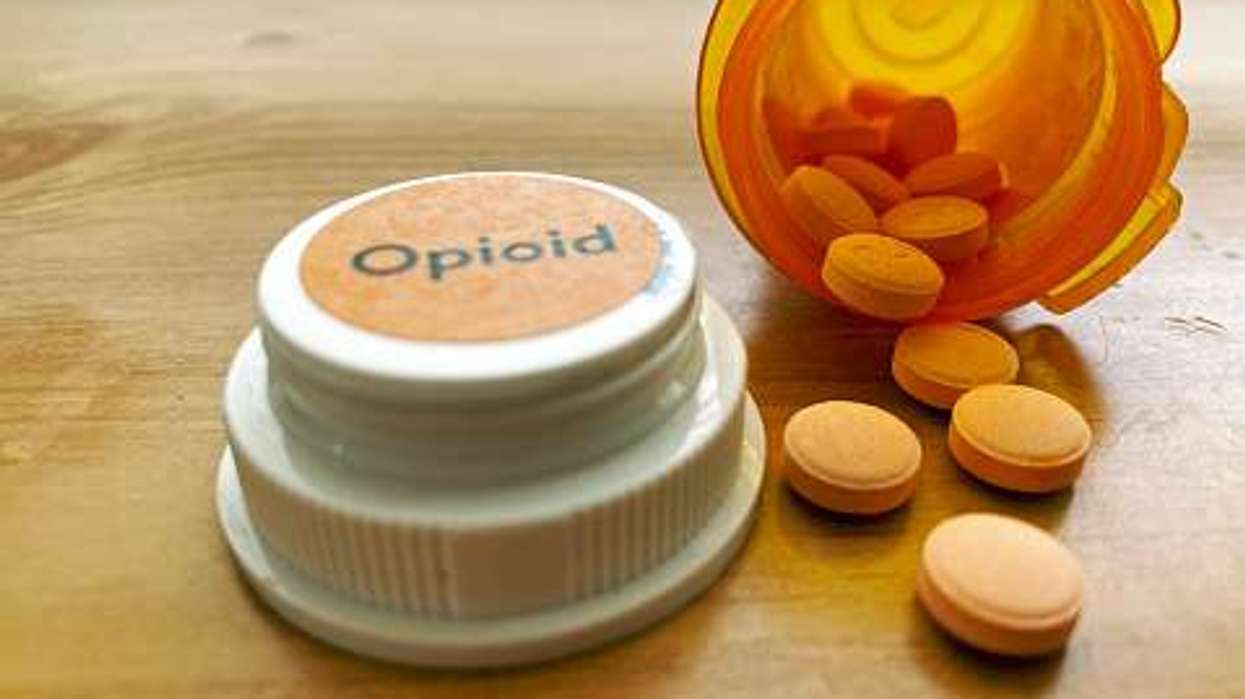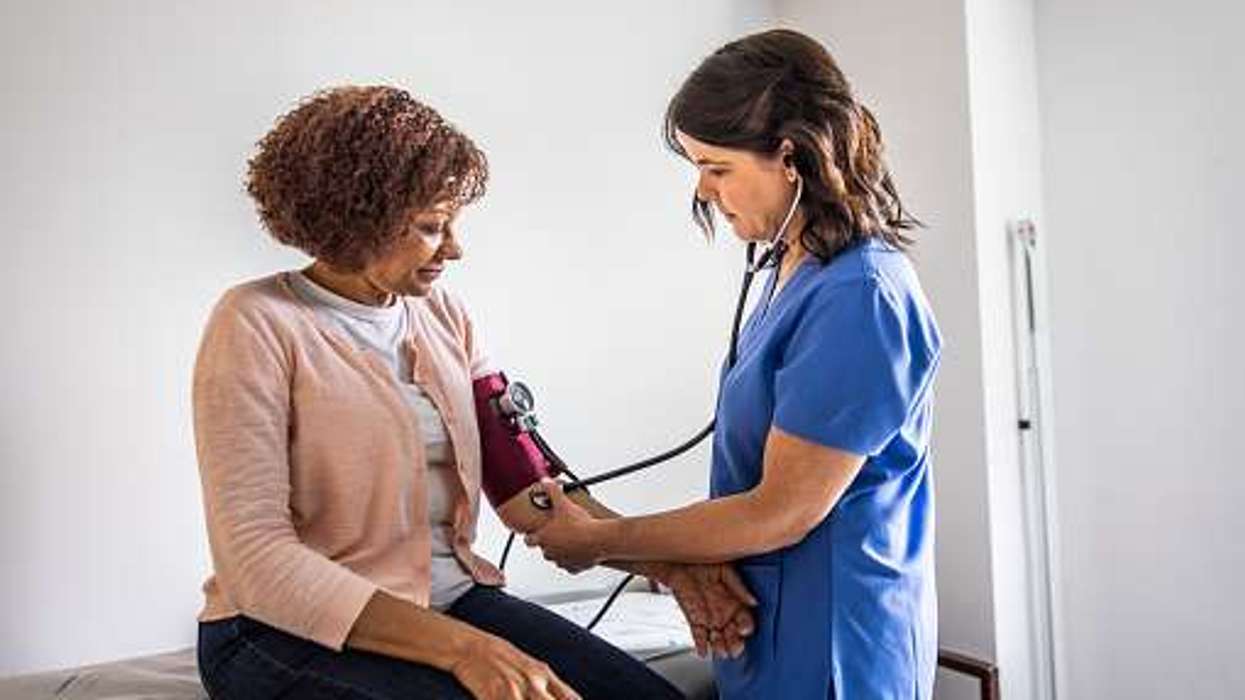Rich Quelch discusses a surge of unverified e-commerce pharmacies, their risk to the consumer and an urgent need for better policing of online marketplaces…
The pharmaceutical e-commerce space has been steadily growing for years, with the global e-pharmacy market forecasted to reach $177 billion globally by 2026.
Its steady growth can be attributed to changing consumer preferences following pandemic shifts in how we access healthcare and shop, greater buy-in from governments and health leaders, and new technologies making it even easier to purchase health and wellbeing products online – whether prescribed or not.
But while the legitimate e-pharmacy industry has the potential to widen access to life-changing medicines, cut administration costs, increase speed and lead to better health outcomes, its growth is mirrored by a shadow market of unverified and unsafe online pharmacy businesses.
According to the National Association of Boards of Pharmacy (NABP), 95 percent of the approximately 35,000 global online pharmacies are unregulated and rogue.
So, what does this mean for the public and the growth of the legitimate e-pharmacy market?
The rise of online pharmacies
Just like most other areas of retail, there is an increasing demand for digital services as consumers expect fast responses, high-quality service and lower costs all from the comfort of their own homes.
The same is true for buying medication and wellness products like vitamins and supplements. The pharmaceutical e-commerce space has been developing and maturing for years, but it saw the most significant growth during the pandemic.
The heightened awareness of health combined with a strained NHS only exacerbated demand for digitised pharmacies, particularly for those with medical needs who were forced to self-isolate, making accessing medication all the more difficult.
Now, e-commerce pharmacies are here to stay. But, despite the many benefits online pharmacies bring, unregulated rogue pharmacies are also increasing at a parallel rate.
The prevalence of unverified e-pharmacies
While the e-pharmacy industry is helping people gain access to quicker and more convenient healthcare, there has been a surge of unverified e-pharmacies selling potentially dangerous pharmaceutical products. This is threatening to undermine the growth and reputation of the legitimate online pharmacy sector.
The data analysts used the Screaming Frog SEO Spider and Ahref’s API tool to study 9,987 sites from the National Association of Boards of Pharmacy’s ‘not recommended list’ of e-pharmacies – sites that are unverified and therefore potentially unsafe.
The ‘fake’ e-pharmacies studied receive an estimated 1,716,667 visits globally every month and rank on the first page of Google for 32,436 different medical and health-related search terms.
Appearing on the first page of Google is usually a signal that a website can be trusted. But the study shows unverified e-pharmacies selling potentially dangerous pharmaceutical products are taking over search engine results and undermining the growth of the legitimate e-pharmacy industry.
What’s more, Origin found these ‘fake’ pharmacies had over half a million referring domains – the number of other websites linking directly to them. This means people can unsuspectingly find themselves going from a trusted website to a potentially dangerous one with just a click.
Of the external websites linking to these unverified e-pharmacies, 100,000 came from government sites and nearly 900,000 from education websites such as ‘.edu’ and ‘.ac.uk’ which are often highly trusted by both the general public and Google itself.
This is particularly concerning given that having a high number of external links back to a website can help it rank better in the Google search results, making it seem more trustworthy to the ordinary person and more likely to be featured on page one.
The risk to consumers
Buying from an unregistered online pharmacy can be dangerous for several reasons.
The effectiveness of the medication will vary greatly since their expiration dates may have been tampered with. Alternatively, they could have too high or too low a dosage of their active ingredient.
Most importantly, medicines sold on these sites are not regulated, so consumers can never know for sure what they are ingesting. In some cases, they could contain harmful or toxic substances which may be life threatening, with the World Health Organisation predicting counterfeit medicines and equipment will kill a million people every year.
Consumers may also suffer from financial loss. It’s not uncommon for consumers to not receive the medication they paid for but, more alarmingly, some fraudulent sites may sell sensitive payment information to other criminals which could lead to greater money woes.
The future of legitimate online pharmacies
Not only do these rogue pharmacy sites take business away from legitimate ones, the risk to consumers could also cause substantial damage to public perception of pharmaceutical e-commerce and may dissuade users, particularly those that are vulnerable or less the-savvy, from taking advantage of an otherwise beneficial service.
The best and most effective way to protect the reputation of e-pharmacies and guarantee their longevity is to educate consumers on how to protect themselves and spot rogue pharmacies.
Consumers should be advised against using any pharmaceutical websites that do not provide contact details licensing or certification details, charge a customs fee, spam email inboxes with offers, bulk sell medicines excessively and sell prescription-only medication without a consultation or prescription.
Highlighting the General Pharmaceutical Council (GPhC) internet pharmacy logo present on the website is another way to give consumers assurance the website is run by a registered pharmacy.
However, the primary route of change will need to come from government authorities. Last year, the UK government seized over 3 million medicines and devices from illegally operating websites valued at more than £9 million as part of an operation with Interpol.
There is an urgent need for policy decisions that are aimed at addressing fake medicines found on online pharmacies, such as the power to suspend and close down offending domain names, greater legislation on social media platforms to provide liability and transparency and better policing of online marketplaces to help prevent sales of counterfeit pharmaceutical and wellbeing goods.
Rich Quelch is global head of marketing at Origin.











